Dupixent, known by its generic name Dupilumab, is a prescription medication used for the treatment of certain inflammatory conditions, primarily atopic dermatitis (eczema), asthma, and chronic rhinosinusitis with nasal polyps. It is a monoclonal antibody that targets specific proteins in the immune system to reduce inflammation and alleviate symptoms associated with these conditions. Here is a detailed description of Dupixent (Dupilumab):
1. Mechanism of Action:
- Interleukin-4 Receptor Alpha Antagonism: Dupilumab is a monoclonal antibody that works by inhibiting the activity of two key proteins in the immune system: interleukin-4 (IL-4) and interleukin-13 (IL-13). These proteins play a crucial role in promoting inflammation and allergic responses. By blocking their activity, Dupilumab helps reduce inflammation and alleviate symptoms associated with atopic dermatitis, asthma, and chronic rhinosinusitis with nasal polyps.
2. Indications:
- Atopic Dermatitis (Eczema): Dupixent is indicated for the treatment of moderate to severe atopic dermatitis in patients aged 6 years and older whose condition is not well controlled with topical prescription therapies.
- Asthma: It is also approved for the treatment of moderate to severe asthma in individuals aged 12 years and older with an eosinophilic phenotype or those with oral corticosteroid-dependent asthma.
- Chronic Rhinosinusitis with Nasal Polyps: Dupilumab is indicated for the treatment of adults with inadequately controlled chronic rhinosinusitis with nasal polyps.
3. Administration:
- Subcutaneous Injection: Dupilumab is administered as a subcutaneous injection. The frequency of injections and the dosage depend on the specific condition being treated and the patient’s age and weight. Typically, it is administered by a healthcare professional or self-administered by the patient under the guidance of a healthcare provider.
4. Effectiveness:
- Clinical studies have shown that Dupixent can significantly reduce the severity of atopic dermatitis symptoms, improve lung function and asthma control in patients with asthma, and alleviate symptoms in individuals with chronic rhinosinusitis with nasal polyps.
5. Safety Profile:
- As with any medication, Dupixent may have potential side effects. Common side effects can include injection site reactions, eye and eyelid inflammation, and upper respiratory tract infections. Serious side effects are rare but can include allergic reactions and a higher risk of infections. Patients should discuss potential side effects and any concerns with their healthcare providers.
6. Monitoring:
- Patients receiving Dupixent may require regular monitoring of their disease activity, laboratory tests, and overall health to assess the response to treatment and detect any potential side effects.
7. Contraindications:
- Dupixent is generally not recommended for individuals with known hypersensitivity to the drug or its components.
Dupixent (Dupilumab) offers an important treatment option for individuals with atopic dermatitis, asthma, and chronic rhinosinusitis with nasal polyps who have not responded well to other therapies. It helps control inflammation and alleviate symptoms, improving the quality of life for those affected by these chronic conditions. Patients should work closely with their healthcare providers to determine if Dupixent is an appropriate treatment option for their specific condition and needs.


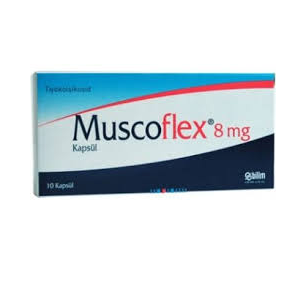
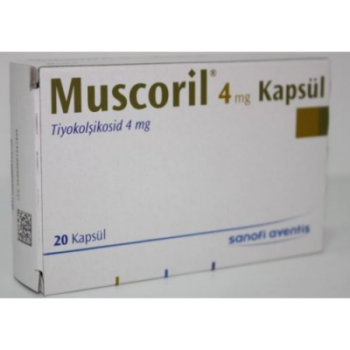
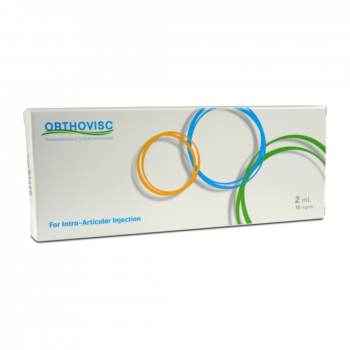

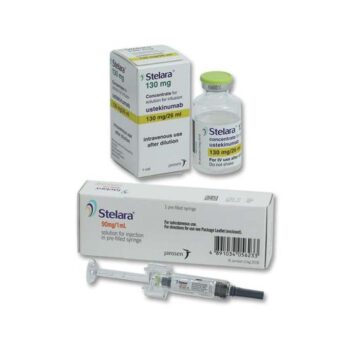
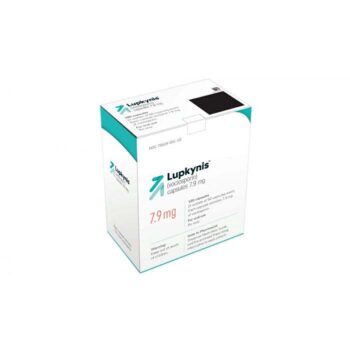
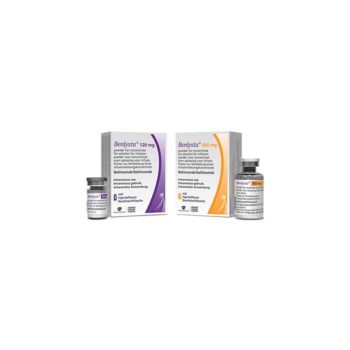


Reviews
There are no reviews yet.